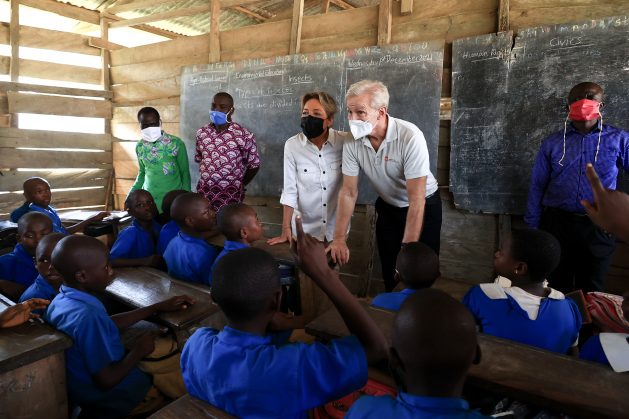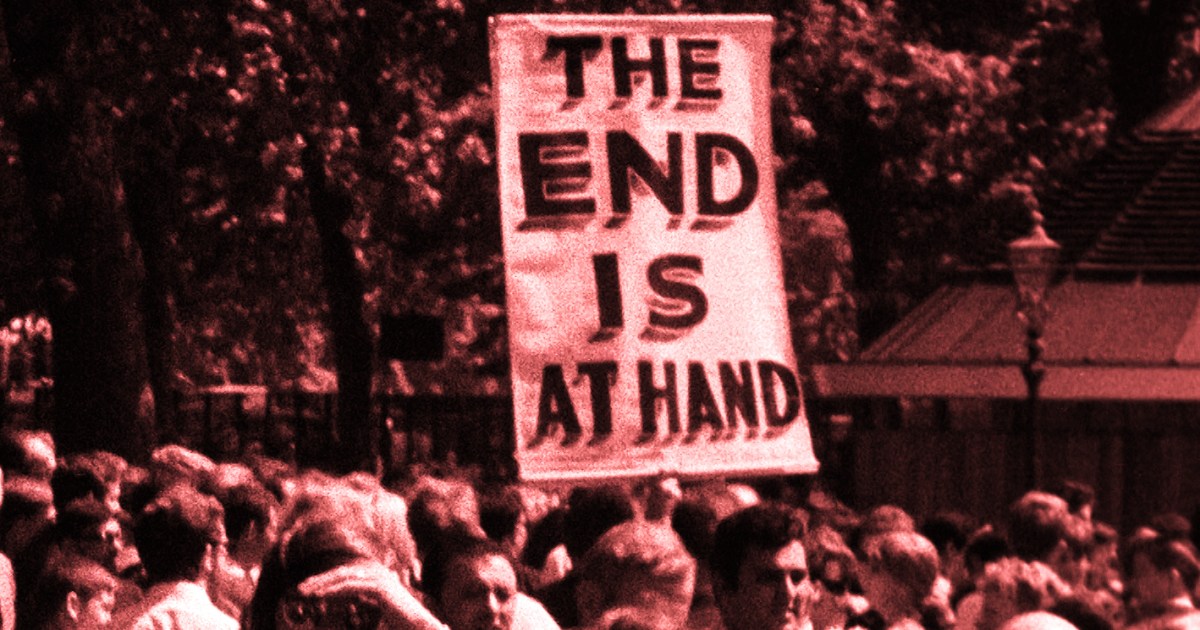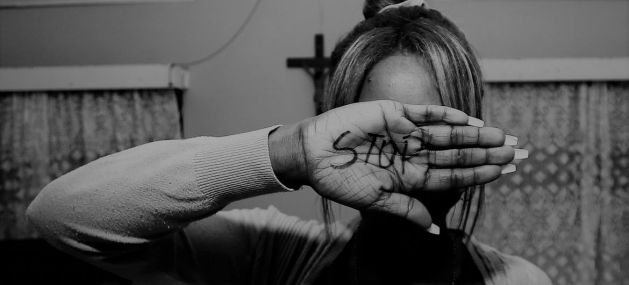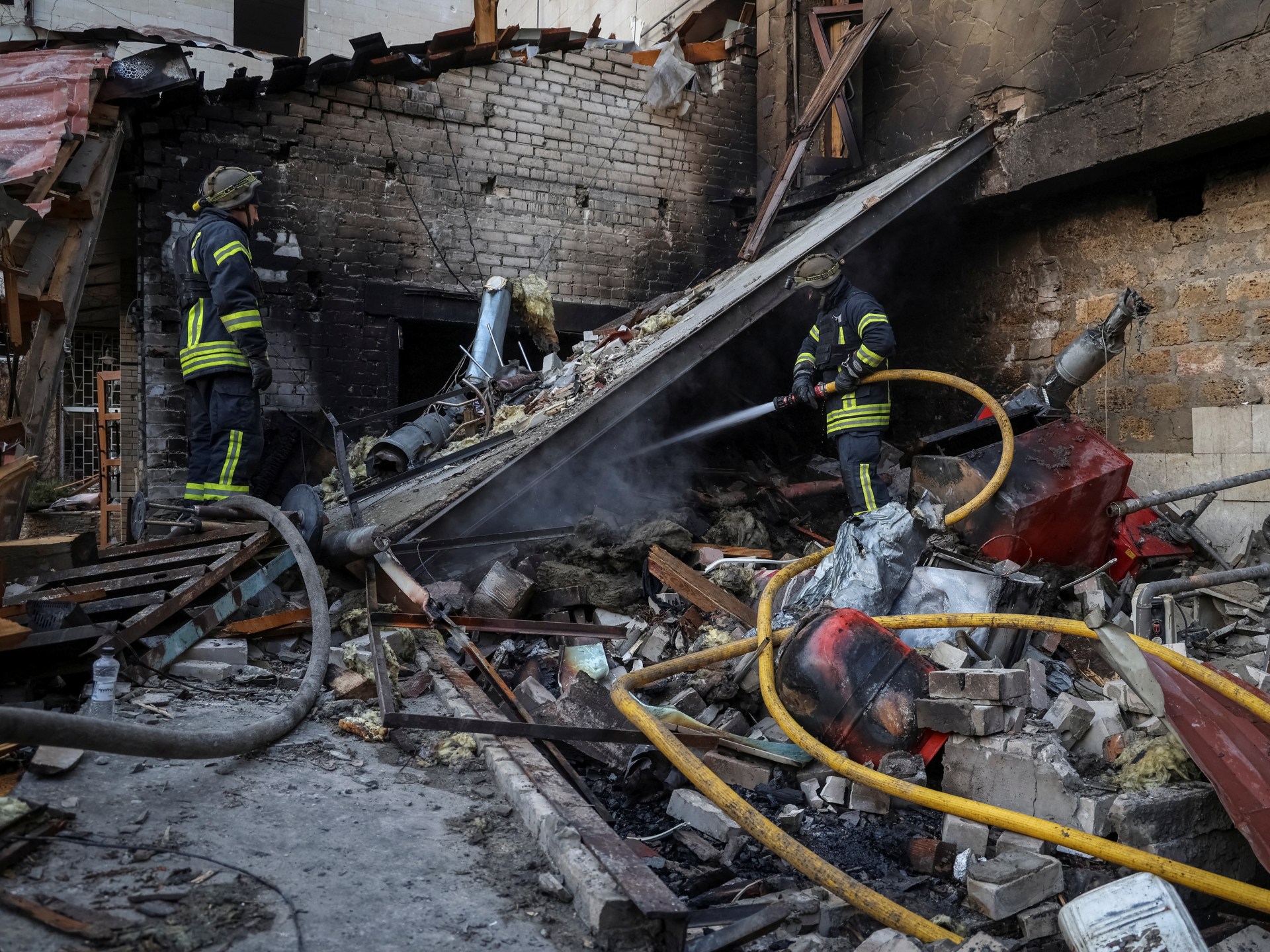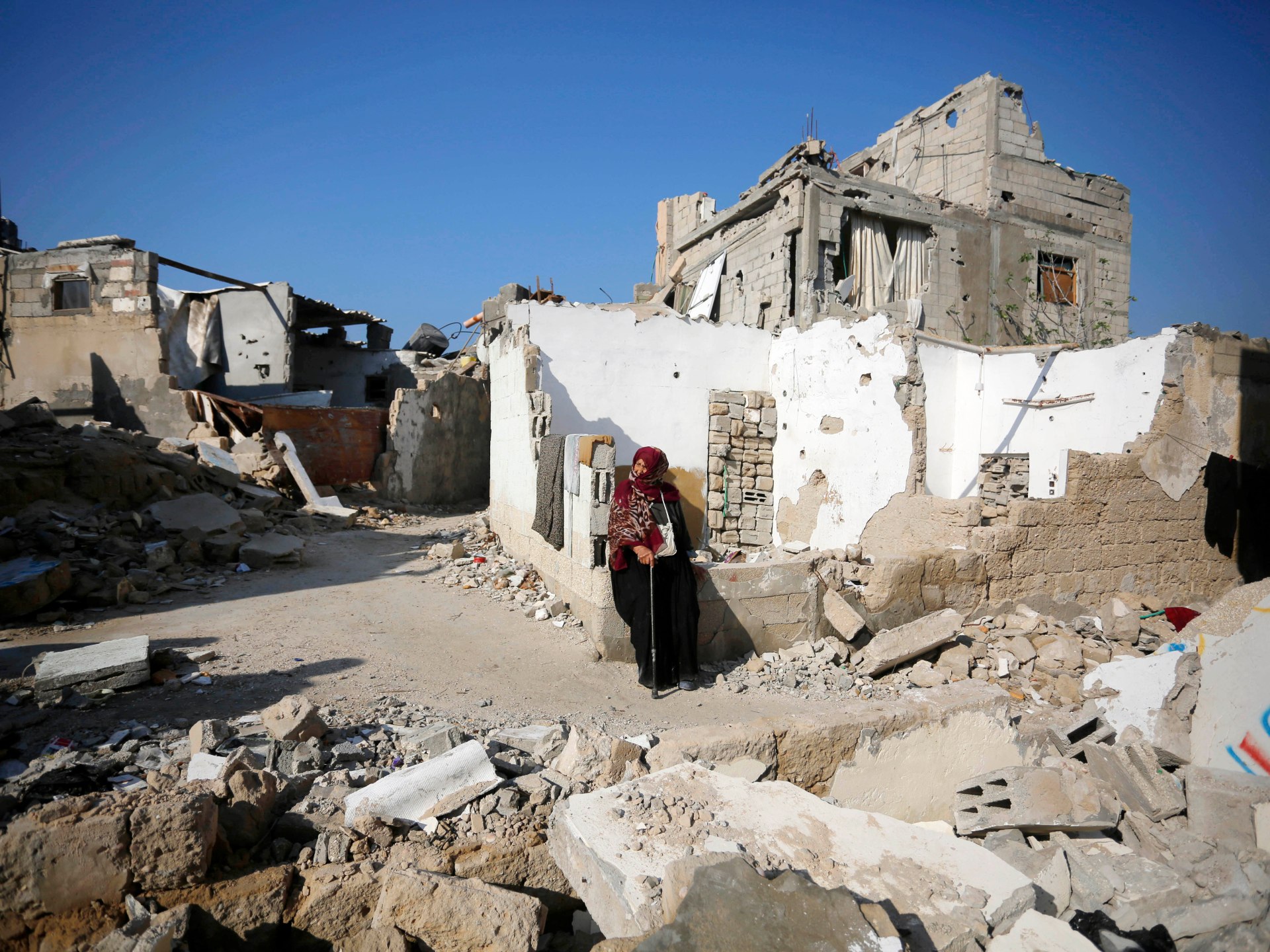Mental Health as a Human Right Left Behind for Children in Fragile and Humanitarian Settings — Global Issues
Copenhagen, Aug 30 (IPS) – Hiding in basements during bombings, fleeing their homes, going hungry, and facing the devastating and life-transformative traumas of losing their loved ones as their childhoods go up in flames of war. These are the lived experiences of crisis-impacted children and adolescents.
“They have also seen militia, army and may have been subjected to war crimes, violations of international law, sexual violence and torture. When you go through such experiences, without a doubt, you are going to suffer some form of trauma,” says Yasmine Sherif, Executive Director of Education Cannot Wait (ECW), the United Nations global fund for education in emergencies and protracted crises
She tells IPS that this is the reality for many of the 222 million crisis-impacted children. At the forefront of extreme, unrelenting violence and brutality, but left furthest behind in accessing a most critical human right, mental health services.
“It is imperative that for every child, every adolescent that lives in this complex humanitarian crisis, that their mental health is safeguarded and supported that they receive psychosocial services working with their resilience. For they indeed have a resilience that took them that far and enabled them to survive,” she says.
Sherif stressed that acknowledging and addressing the need for student and teacher mental health and psychosocial support (MHPSS) is fundamental for children and adolescents to be able to fully learn. That if they are going to resume education, it is critically important that they receive psychosocial support.
“We must ensure that education investments always entail a strong component of mental health and psychosocial support. ECW has integrated mental health and psychosocial services into all our investments. There is no investment in any of the 44 countries where we have invested which does not have a component of mental health and psychosocial services,” Sherif tells IPS.
“Crisis-impacted children and adolescents receive psychosocial support through the education that we have invested in. It is therefore very important that financing for education through ECW dramatically increases so that we can provide even better context-specific mental health services and psychosocial support.”
Speaking against the backdrop of the Nordic Conference on MHPSS in Fragile and Humanitarian Settings, Sherif unpacked safe, inclusive, and quality education as child-centered, holistic education that includes, amongst others, school feeding, teachers, water and sanitation as well as mental health and psychosocial support.
“ECW has reached 7 million children and adolescents in less than five years, and MHPSS is at the core of our work with our partners. To have an impact on MHPSS, we need funding, long-term investments, and working across organizations and disciplines,” Sherif remarked during the conference’s opening panel.
Over 13,800 learning spaces now feature mental health and/or psychosocial support activities, and the number of teachers trained on mental health and psychosocial support topics doubled in 2021, reaching 54,000.
“It costs money to save the world. To give a holistic education centered on MHPSS requires a minimum of 150 dollars per child, and we are speaking about 222 million crisis-impacted children. We have the greatest dream and science on earth, but if we cannot pay for that, it is not going to happen,” Sherif emphasizes.
Co-hosted by the Danish Ministry of Foreign Affairs and Danish Red Cross, the inaugural conference “A Human Right Left Behind: A Nordic Conference on MHPSS in Fragile and Humanitarian Settings” was held on August 29 and 30, 2022, in Copenhagen.
The conference aimed to solidify Mental Health and Psychosocial Support (MHPSS) as a priority concern in all humanitarian responses and address urgent needs to increase access to quality MHPSS.
Recognizing the need for meaningful, collaborative approaches and solidarity in MHPSS, the conference’s Steering Committee includes the IFRC PS Centre for Psychosocial Support, Danish Red Cross, International Children’s Development Program Norway, MHPSS Collaborative, Save the Children Denmark and War Child Sweden.
The conference marks the beginning of a process and movement of joint strategies and collaborative action between multilevel MHPSS stakeholders.
Conference themes include localizing and strengthening MHPSS systems, direct MHPSS interventions, child-youth- and caregiver-focused MHPSS, cross-sectoral integration/coordination mechanisms, and innovative approaches.
Conference outcomes include a Nordic Network on MHPSS Launch, 2022-2030 Joint Nordic Roadmap on MHPSS in Humanitarian Settings, and a Copenhagen Declaration on Prioritizing MHPSS in Humanitarian Action.
ECW’s most recent estimates released in June 2022 show 222 million school-aged children and adolescents are caught in crises globally, 78.2 million who are out of school. An estimated 65.7 million of these out-of-school children, 84 percent, lived in protracted crises.
Approximately two-thirds of them, or 65 percent, are in just ten countries, including Afghanistan, Ethiopia, the Democratic Republic of the Congo, Mali, Nigeria, Pakistan, Somalia, South Sudan, Sudan, and Yemen.
The difficulties they face from sustained conflict and forced displacement are now multiplied by climate-induced disasters and the long-term effects of COVID-19.
Within this context, Sherif urges the global community to respond with an education package centered on healing the brutalized minds of the affected children.
ECW’s landmark Technical Guidance Note on Mental Health and Psychosocial Support (MHPSS) in Education in Emergencies, and Protracted Crises (EiEPC) provides practical guidance to grantees to ensure children and adolescents receive a holistic education that protects and promotes student wellbeing.
ECW’s MHPSS in EiEPC Technical Guidance Note aims to be used as a reference in partners’ guidance and standards, such as in UNICEF/WHO/UNHCR’s Minimum Service Package for MHPSS in education in emergencies.
An education that is blind to the special mental health needs of children and adolescents in fragile and humanitarian settings, she says, will simply not keep the promise of a safe, inclusive, and quality education for the world’s most vulnerable children.
To keep the promise of holistic education, ECW’s High-Level Financing Conference will take place in Geneva in February 2023. Hosted by Switzerland and Education Cannot Wait – and co-convened by Germany, Niger, Norway, and South Sudan – through the 222 Million Dreams campaign, the conference calls on government donors, private sector, foundations, and high-net-worth individuals to turn commitments into action by making substantive funding contributions to ECW.
Through these contributions, targeted crisis-impacted children and adolescents will be reached with mental health and psychosocial services that include counseling, social group work, online counseling, training of teachers, and other means of providing mental health support.
“We really appeal to all governments, private sector, and high net individuals to make pledges at the upcoming conference to enable us to expand mental health support and education at large,” Sherif concludes.
IPS UN Bureau Report
Follow @IPSNewsUNBureau
Follow IPS News UN Bureau on Instagram
© Inter Press Service (2022) — All Rights ReservedOriginal source: Inter Press Service
Check out our Latest News and Follow us at Facebook
Original Source

